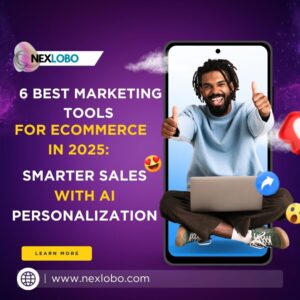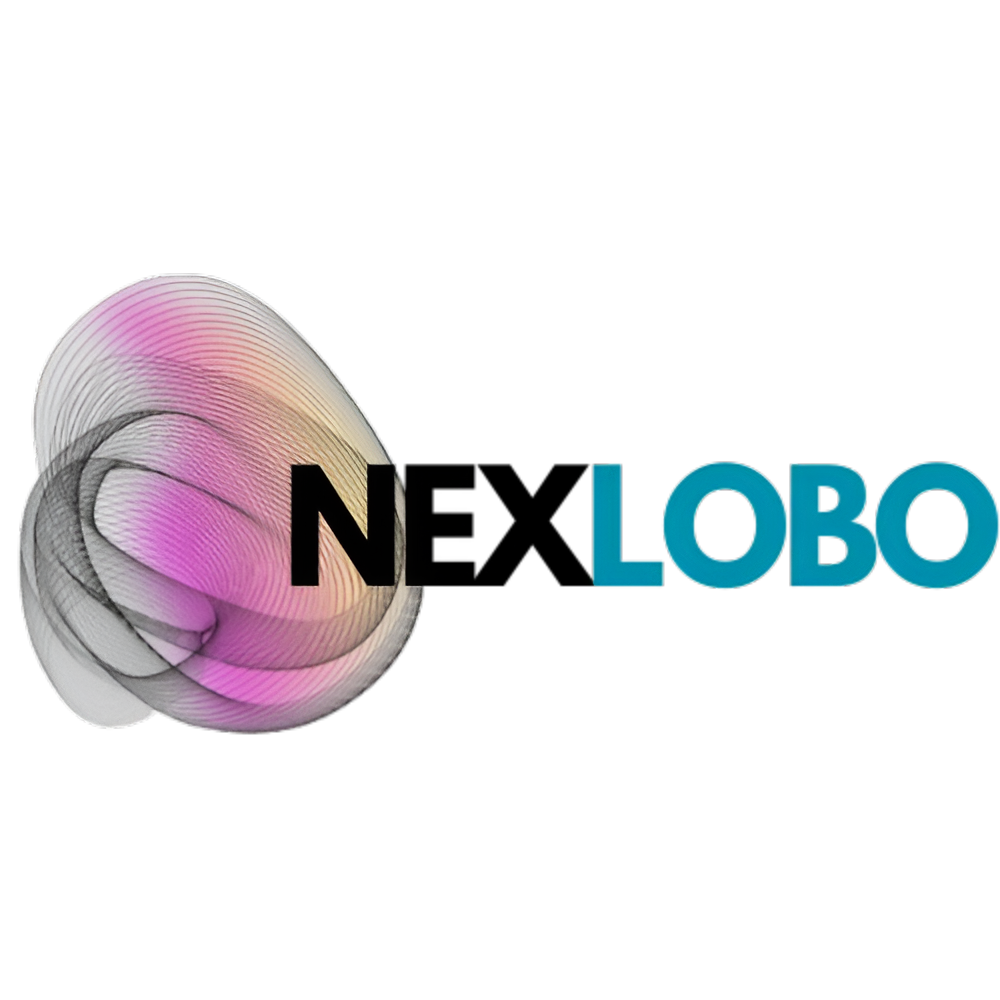6 Best Marketing Tools for Ecommerce in 2025: Smarter Sales with AI Personalization

Introduction: My Journey Exploring the Best Marketing Tools for Ecommerce
When I launched my first ecommerce store, I thought sending simple newsletters would be enough to keep customers engaged. I quickly learned that without automation, segmentation, and personalization, even the best content went unnoticed. That realization pushed me to explore the best marketing tools for ecommerce, especially those powered by AI.
I still remember reading a deep-dive article on the best email marketing tools in 2025 for low bounce rates, and it completely changed my approach. It showed me that successful campaigns aren’t about volume—they’re about timing, personalization, and understanding your audience.
Today, after testing dozens of platforms and running countless campaigns, I’ve narrowed it down to six tools that truly stand out in 2025 for ecommerce businesses seeking smarter engagement and higher conversions.
1. Klaviyo – The Gold Standard in AI Personalization
Klaviyo tops the list of marketing tools for ecommerce because of its powerful predictive analytics and deep Shopify integration. It helps retailers anticipate customer needs using AI personalization and automated customer targeting.
From my experience, Klaviyo’s real-time segmentation allowed me to identify repeat buyers instantly. One of my campaigns even saw a 34% increase in open rates after implementing automated triggers based on customer behavior.
Why it works:
Predictive segmentation for purchase intent
Smart send-time optimization
Seamless ecommerce platform integration
2. Omnisend – Simplifying Multichannel Campaigns
Omnisend is perfect for brands that want to manage email, SMS, and push notifications from a single dashboard. It’s one of the most user-friendly marketing tools for ecommerce with drag-and-drop workflows that even beginners can master.
What sets Omnisend apart is its AI-driven micro-segmentation—you can target high-value customers, inactive users, or those with abandoned carts with pinpoint precision.
After using Omnisend for one of my seasonal campaigns, revenue from automated flows increased by 29%.
Best for: Medium-sized ecommerce brands focused on omnichannel engagement.
3. Drip – Built for Scalable Personalization
Drip is one of those underrated marketing tools for ecommerce that focuses on relationship building rather than pure sales. It enables predictive segmentation and personalized product recommendations, helping brands maintain long-term loyalty.
When I tested Drip, its integration with WooCommerce helped me create tailored experiences—customers received personalized product suggestions based on browsing behavior.
Why it’s powerful:
Visual workflow builder
Automated customer targeting
Deep analytics with lifetime value tracking
4. Mailchimp – The Trusted All-Rounder
Mailchimp continues to evolve, making it one of the most reliable marketing tools for ecommerce in 2025. What I love most is its AI-powered content optimizer—it evaluates email copy and predicts engagement rates.
For my small business clients, Mailchimp’s free tier offers a cost-effective way to test automation. It’s an excellent option for beginners looking to understand AI personalization without a steep learning curve.
Top features:
Predictive customer analytics
Drag-and-drop templates
Conversion-based segmentation
5. ActiveCampaign – The Automation Powerhouse
ActiveCampaign stands out as one of the most advanced marketing tools for ecommerce, combining email marketing, CRM, and automation.
It’s my personal favorite for running customer retention campaigns. The platform’s automated customer targeting system helped me recover nearly 40% of lost subscribers through re-engagement sequences.
Key advantages:
AI-driven predictive scoring
Conditional workflows for precision marketing
Built-in CRM for better customer insights
6. Brevo (Formerly Sendinblue) – Smart Marketing on a Budget
Brevo offers the same capabilities as high-end tools but at a fraction of the cost. It’s one of the most affordable marketing tools for ecommerce—perfect for startups and small online stores.
What makes Brevo special is its real-time reporting and AI personalization engine, which tailors campaigns based on customer lifecycle stages. I used it to test seasonal promotions and saw a 22% increase in click-through rates.
Best features:
Transactional and promotional emails in one platform
Predictive segmentation
A/B testing for campaign optimization
How AI Personalization Transforms Ecommerce Marketing
Modern marketing tools for ecommerce rely heavily on AI personalization to enhance user engagement. Instead of blasting generic messages, AI helps brands predict what each user is likely to buy next.
In my experience, this shift from traditional email blasting to automated customer targeting was a turning point. With the right tool, every campaign felt like a one-on-one conversation instead of a broadcast.
That’s where predictive segmentation and micro-segmentation truly shine—grouping customers not just by demographics, but by intent and behavior.
FAQs About Marketing Tools for Ecommerce
Q1: Why are marketing tools for ecommerce essential in 2025?
Because they combine automation, personalization, and AI-driven insights for better ROI and retention.
Q2: Which marketing tools for ecommerce are best for beginners?
Mailchimp and Brevo are great for new marketers due to simplicity and affordability.
Q3: How does AI personalization improve performance?
It predicts customer needs, increases engagement, and automates follow-ups intelligently.
Q4: Can small ecommerce stores benefit from these tools?
Absolutely. Many tools offer free or scalable plans suitable for smaller businesses.
Q5: What’s the biggest mistake marketers make?
Failing to analyze data insights and personalize communication consistently.
Conclusion: Smarter Marketing Starts with the Right Tools
The right marketing tools for ecommerce don’t just send emails—they build meaningful relationships. With the power of AI personalization, predictive segmentation, and automated customer targeting, even small brands can compete at an enterprise level.
I’ve personally seen the transformation—what once took hours of manual effort now happens automatically, with better accuracy and engagement.
If you’re ready to take your email strategy to the next level, explore this excellent resource on how to implement AI-driven customer segmentation for personalized marketing.
In the end, success in ecommerce isn’t about sending more—it’s about sending smarter. And with these six tools, you’ll do just that.







Leave a Reply